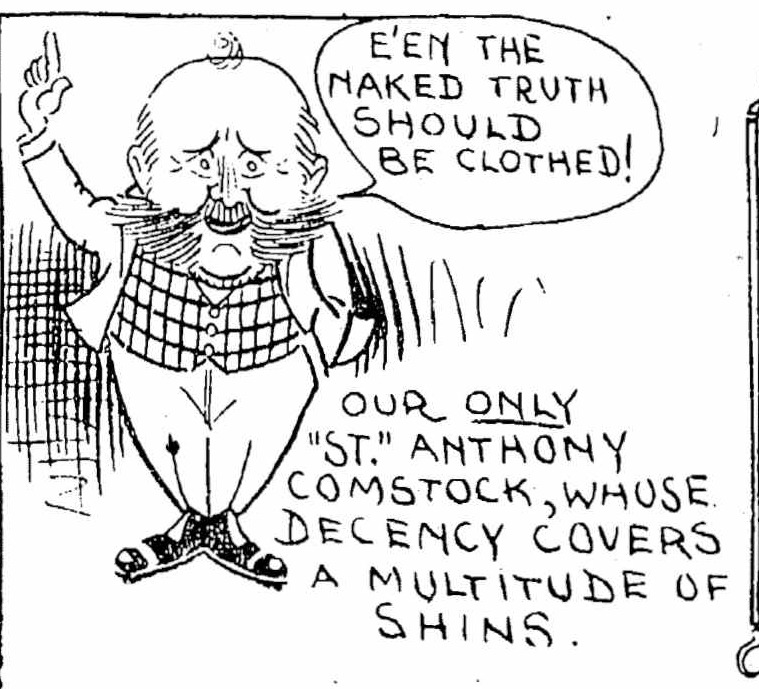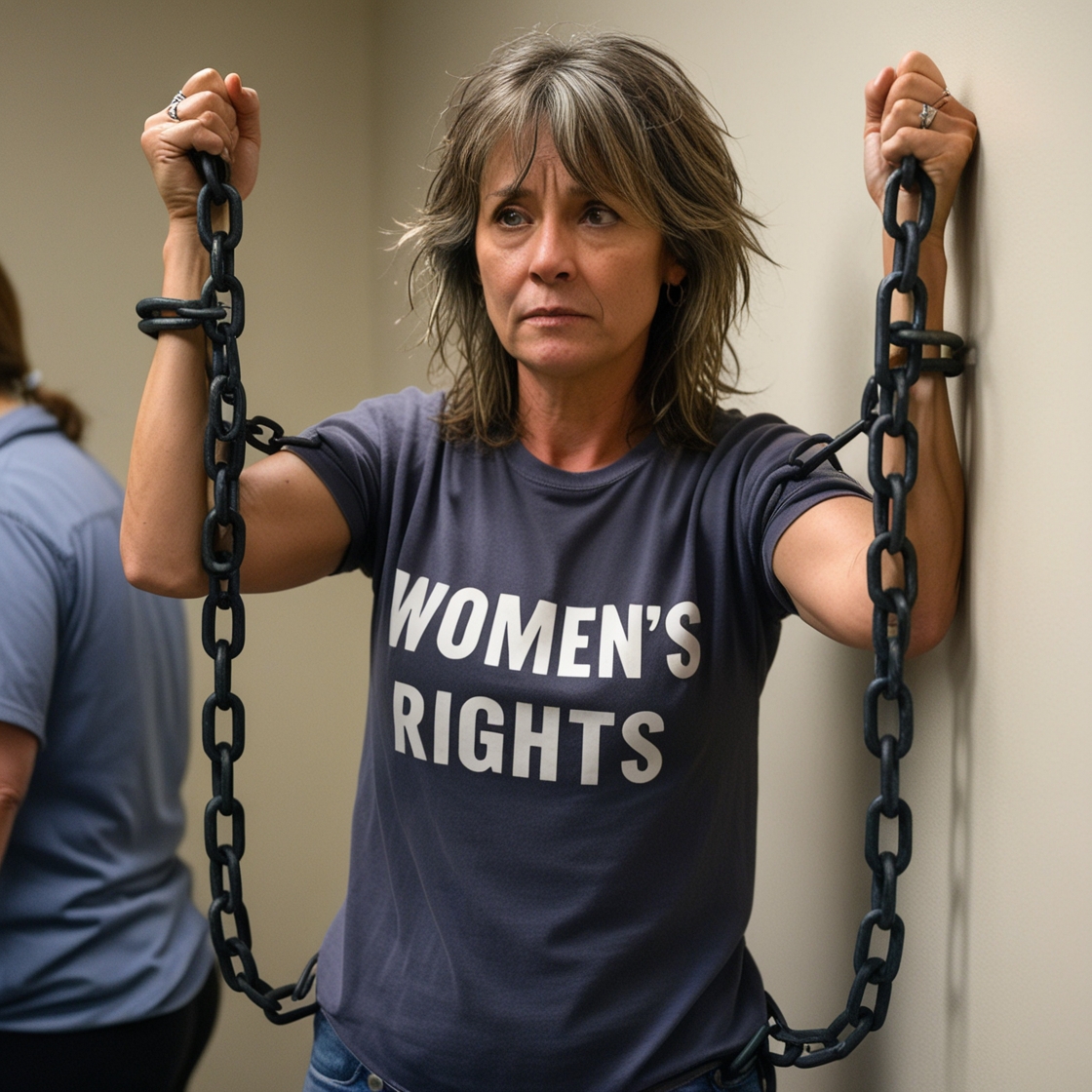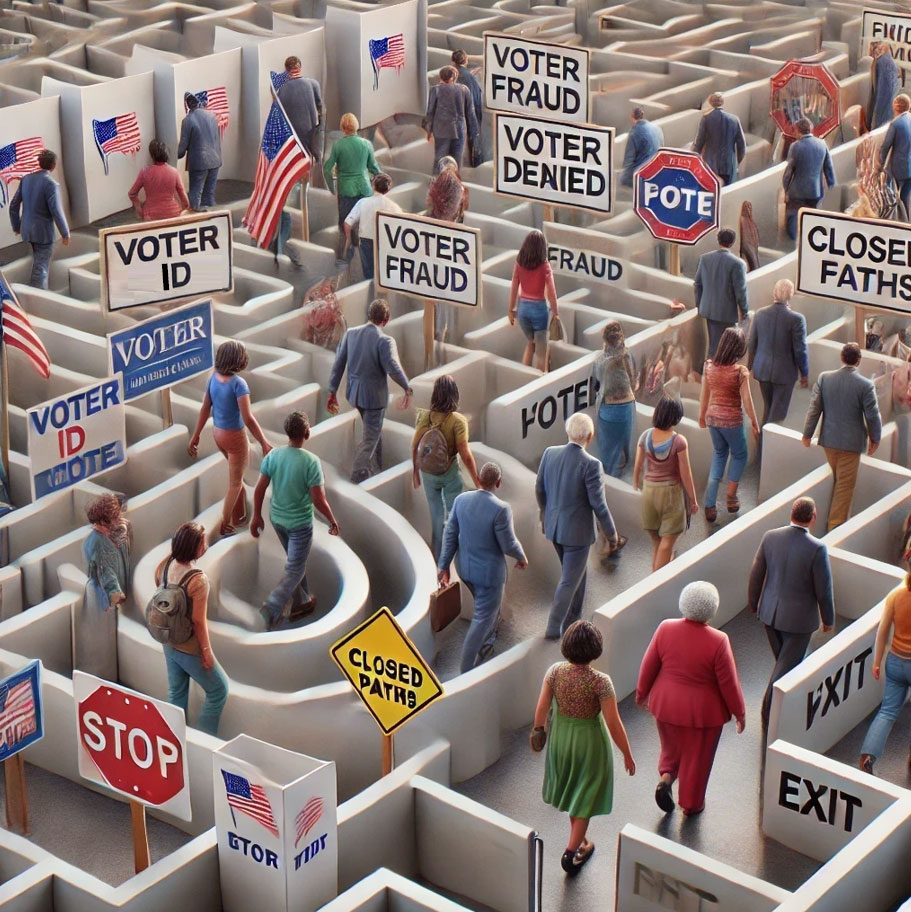A Comprehensive Historical Review of the Comstock Act
What you Need to Know about Comstock and How it Affects You Today
From Victorian Censorship to Modern-Day Revival
Introduction
The Comstock Act, officially titled “An Act for the Suppression of Trade in, and Circulation of, Obscene Literature and Articles of Immoral Use,” was enacted in 1873 amidst a fervent anti-vice movement spearheaded by Anthony Comstock. (See our article Who is Anthony Comstock and How Is He Fucking Up Your Life?)
This federal statute was designed to curb what was perceived as escalating immorality in post-Civil War America by criminalizing the distribution of “obscene” materials through the U.S. postal service. Encompassing literature, images, and devices related to contraception and abortion, the Comstock Act effectively suppressed discussion and access to birth control and abortion-related information.
However, over the decades, the Act has been used both a tool for censorship and a battleground for debates over free speech and reproductive rights, evolving significantly in its interpretation and application.
Intended Purpose of the Comstock Act
When the Comstock Act was introduced, its primary objective was promoted as a law to target a broad spectrum of obscenity, including:
- Sexually Explicit Materials: These were viewed as potential catalysts for immoral behavior and threats to public morals.
- Contraceptives and Abortifacients: Any item or information intended to prevent conception or terminate a pregnancy was classified under obscenity, irrespective of its medical value.
Anthony Comstock, the Act’s namesake, was a fervent advocate for sexual purity, believing that controlling access to sexual materials was crucial for maintaining social order. The law granted broad powers to postal inspectors to seize and ban any content or items they deemed “obscene,” making it a powerful tool, for censorship that extended beyond erotica to include works on reproductive health and free speech in the late 19th and early 20th centuries.
Early Enforcement and Abuse
From its inception, the Comstock Act became a potent instrument for censorship, delivering more than its stated purpose of limiting the distribution of explicit materials. It became a vehicle for suppressing not just pornography but also political speech and public health information, especially regarding contraception and abortion.
The act’s language included anything related to preventing conception or inducing abortion under the broad category of obscenity, regardless of its medical or educational intent. As a result, healthcare providers, activists, and those advocating for sexual education were frequently targeted under this statute.

A potent example of the early misuse of the Comstock Act to suppress reproductive rights and women’s health advocacy was the prosecution of prominent figures like Margaret Sanger and Mary Ware Dennett, both advocates for birth control. However, to their credit and the future benefit of society, these women were prepared to face the legal penalties to spotlight the overreach of Comstockery. This was a term coined by George Bernard Shaw to mock the moral extremism and excessive censorship advocated by Comstock and his allies, ably reflecting growing public opposition to the Act’s overreach.
Key Legal Challenges and Resistance
Despite its expansive language, the Comstock Act began to face significant judicial challenges in the early 20th century, particularly from feminist groups and advocates for free speech. These individuals and organizations sought to challenge the statute’s broad definitions and disproportionate enforcement. This led to notable legal battles that gradually chipped away at the Act’s power, leading courts to recognize the law’s overreach and begin to impose limitations on its application.
A landmark case in 1936, United States v. One Package, saw the U.S. Court of Appeals for the Second Circuit rule that contraceptives sent by doctors for medical purposes were not inherently obscene. This ruling established a crucial medical exemption, acknowledging contraception as a legitimate aspect of healthcare rather than being subject to the Comstock Act’s obscenity restrictions.
Another pivotal case, United States v. Dennett (1930), involved the distribution of sex education materials. The Supreme Court ruled in favor of Mary Ware Dennett, determining that her pamphlet on sexual health was educational and not obscene. This decision was a significant victory for free speech and reproductive education. It demonstrated judicial willingness to interpret the Comstock Act more narrowly.
Over time, public opinion shifted as the Act’s enforcement was increasingly viewed as an infringement on free speech and privacy. This shift led to a decline in the Act’s rigorous enforcement, with courts becoming more critical of its application to legitimate medical and educational materials.
Decline of Comstockery and Its Dormancy
By the mid-20th century, the Comstock Act had largely fallen out of active use. Legal interpretations restricted its scope to genuinely obscene materials, excluding contraception and abortion in many instances. However, the law remained on the books, serving as a relic from a bygone era of stringent moral regulation. “Comstockery,” a term coined by George Bernard Shaw, had become synonymous with overreaching censorship and reflected a broader societal move towards greater personal freedoms and reproductive rights.
Revival After Roe v. Wade
Unfortunately, the Comstock Act has experienced a significant resurgence in recent years, particularly following the Dobbs v. Jackson Women’s Health Organization decision in 2022, which overturned Roe v. Wade. This pivotal ruling ignited a new wave of anti-abortion activism, with revivalists seeking to reframe the statute as a tool for imposing a nationwide abortion ban.
Modern-Day Use and Interpretation
 Conservative legal strategists and anti-abortion advocates who seek to reinterpret the Comstock Act as a national abortion ban, argue that the Comstock Act’s prohibition on mailing abortion-inducing drugs or devices provides a federal mechanism to restrict abortion access across the United States. This interpretation posits that the Act not only bars the distribution of such items but implicitly supports a nationwide abortion ban, transcending state laws where abortion remains legal.
Conservative legal strategists and anti-abortion advocates who seek to reinterpret the Comstock Act as a national abortion ban, argue that the Comstock Act’s prohibition on mailing abortion-inducing drugs or devices provides a federal mechanism to restrict abortion access across the United States. This interpretation posits that the Act not only bars the distribution of such items but implicitly supports a nationwide abortion ban, transcending state laws where abortion remains legal.
Additionally, politicians and conservative legal scholars are leveraging the Comstock Act to target healthcare providers, suggesting that doctors who prescribe or mail abortion medications could be prosecuted under the Act, even in states where abortion is permitted. This strategy represents a strategic shift, aiming to circumvent state-level protections by enforcing federal restrictions through an antiquated statute.
Opposition and Criticism
Opponents of this revivalist interpretation argue that the Comstock Act was never intended to serve as a comprehensive prohibition on abortion or reproductive healthcare. Historically, the Act focused on obscenity rather than healthcare, and its early enforcement was inconsistent and often overreaching. Critics assert that using the Comstock Act to enforce a modern-day abortion ban disregards decades of legal precedent that balanced obscenity restrictions with the protection of legitimate healthcare and free speech.
Furthermore, this revival is seen as an attempt to bypass democratic legislative processes. Revivalists are invoking a Victorian-era law to enforce an agenda that is out of step with contemporary public opinion. Polls consistently indicate that a majority of Americans support abortion access under certain circumstances. This approach raises significant concerns about the democratic legitimacy and relevance of resurrecting an outdated statute to address modern reproductive rights issues.
Conclusion: A New Battle Over Old Laws
The Comstock Act has evolved from its origins as a tool for suppressing obscenity and promoting moral purity to a contentious legal battleground in the post-Roe era. Revivalists seek to repurpose the Act to enforce a nationwide abortion ban, facing robust opposition from those who view this move as an abuse of a statute originally intended for censorship, not reproductive healthcare regulation.
This ongoing struggle underscores broader tensions surrounding democracy, bodily autonomy, and the rule of law. The legacy of “Comstockery”—a symbol of censorship and repression—continues to influence modern legal interpretations of free speech and reproductive rights.
As courts grapple with the application of a 19th-century law to 21st-century issues, the future of abortion rights and reproductive freedom in the United States remains uncertain, highlighting the enduring impact of the Comstock Act on American society and law.
Please read this article in conjunction with our article Who is Anthony Comstock and How Is He Fucking Up Your Life? for an interesting romp through history and the cast of characters that have shaped the Comstock Act, both for and against it. That article covers many things not included in this article and is crucial reading if you really want to understand Comstockery and its relevance to today.


